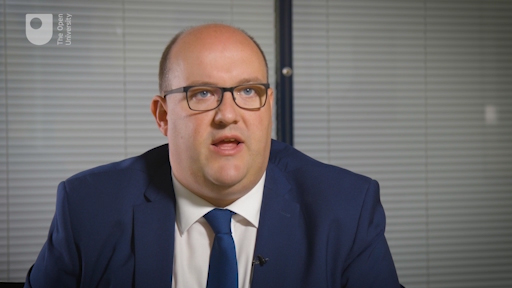1 Solicitors
The Law Society of Scotland is the professional body for solicitors. All solicitors must belong to the Law Society and hold a practising certificate, which they must renew annually.
Box 1 The Law Society of Scotland
The Law Society of Scotland is the professional body for over 11,000 Scottish solicitors and was established in 1949. We have an overarching objective of leading legal excellence, and strive to excel and to be a world-class professional body, understanding and serving the needs of our members and the public. We set and uphold standards to ensure the provision of excellent legal services and ensure the public can have confidence in Scotland’s legal profession.
The Law Society also has a statutory duty to work in the public interest, a duty which we are strongly committed to achieving through our work to promote a strong, varied and effective legal profession working in the interests of the public and protecting and promoting the rule of law. We seek to influence the creation of a fairer and more just society through active engagement with the Scottish and United Kingdom governments, parliaments, wider stakeholders and our membership.
Solicitors work either on their own (sole practitioners) or in partnerships. Solicitors can be found in most towns and cities, and anyone can approach a solicitor for advice. Some of the smaller solicitors’ firms advise on a wide range of legal issues and law; others specialise in a specific area of law, for example employment law (these are often referred to as ‘niche firms’). In larger solicitors' firms the solicitors tend to specialise in particular areas of the law.
A solicitor has regular contact with their clients (the person who has approached them for advice) through face-to-face meetings, letters, emails and phone calls. If needed, a solicitor will instruct a solicitor advocate or advocate to give further specialist advice to their client or appear in court on their client’s behalf. Solicitors can represent their clients in the Sheriff Courts, Justice of the Peace Courts, tribunals and inquiries. If the case they are dealing with is in a higher court, solicitors will instruct a solicitor-advocate or an advocate to appear in court to represent their client. The solicitor will prepare the case.

Watch this video in which Craig McKerracher explores the role and work of solicitors and considers legal change and the role of the legal system.

Transcript: Solicitors and their work
The training requirements to become a solicitor are set by the Law Society as are the standards they need to attain for professional practice. You can find out more about these on the Law Society of Scotland website [Tip: hold Ctrl and click a link to open it in a new tab. (Hide tip)] .
